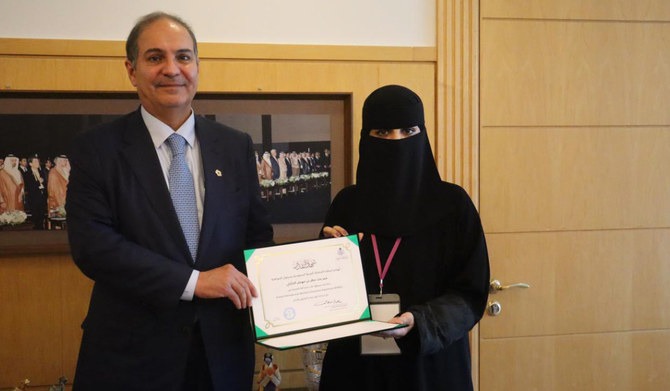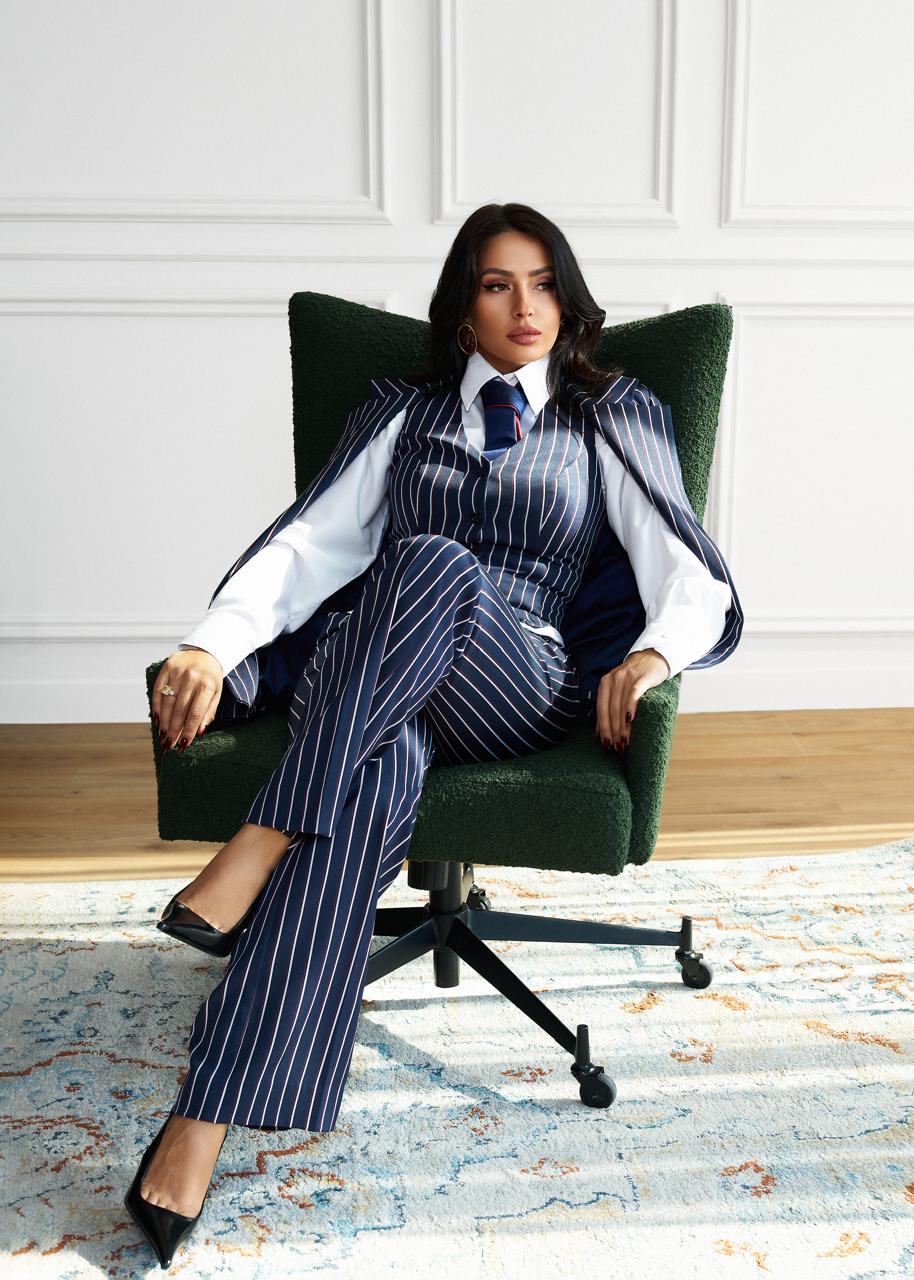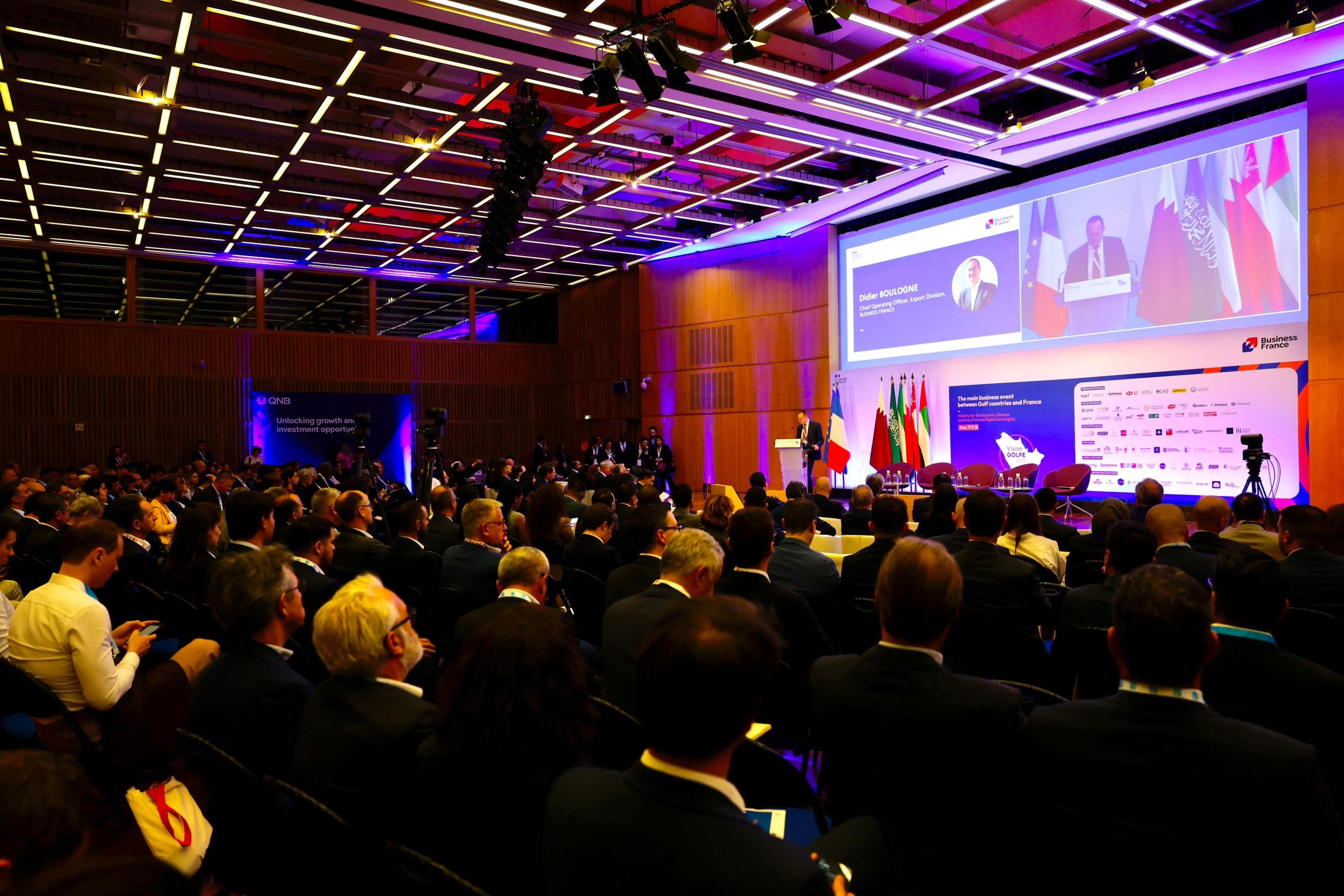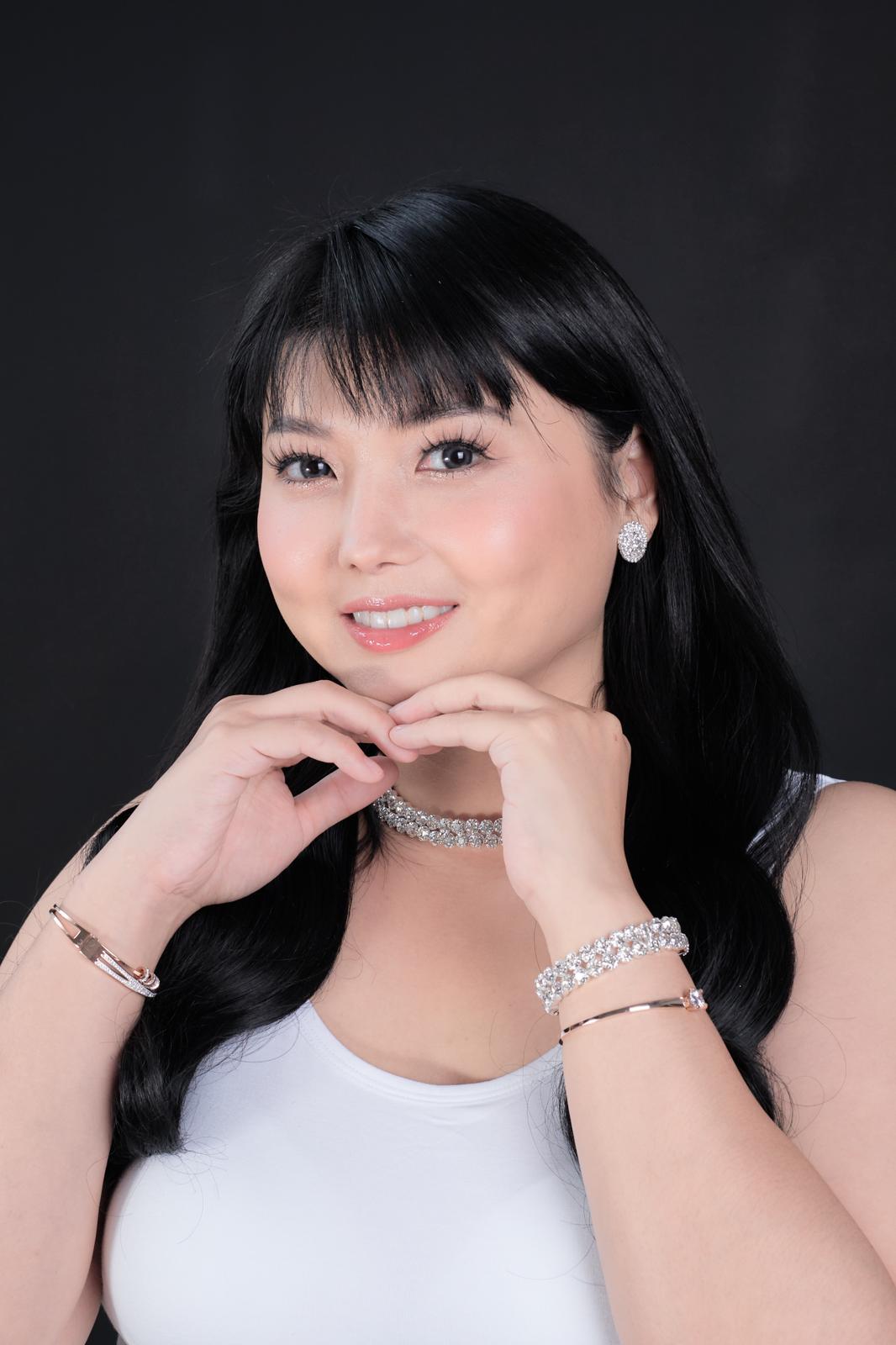Abeer bint Matar Al-Harthi, a Saudi researcher, showcased her innovative skills at the Korea International Women’s Invention Exposition (KIWIE), where she secured the silver medal for her groundbreaking invention of augmented reality glasses. The event, dedicated to celebrating the inventive ideas of women, took place in Seoul and witnessed participation from 300 individuals. Al-Harthi’s smart AR glasses, designed to assist the visually impaired, garnered recognition for their eye print technology, seamless connectivity with mobile phones and GPS, and real-time translation and voice command capabilities.The Korea International Women’s Invention Exposition:KIWIE serves as a platform to discover and promote women’s inventions, foster an inventive culture, and facilitate the exchange of ideas among female inventors. Al-Harthi’s remarkable achievement at the exposition highlights the growing empowerment and recognition of Saudi women across various fields, fueled by the transformative Vision 2030 initiative.The Ingenious AR Glasses for the Visually Impaired:Al-Harthi’s invention of augmented reality glasses left a lasting impression on the judges and attendees at the exposition. The glasses featured smart lenses equipped with eye print technology, ensuring identity protection. The lenses could effortlessly switch between transparent and dark modes, catering to the user’s needs. Beyond their visually-enhancing features, the AR glasses served a crucial purpose in assisting the visually impaired by enabling them to sense objects in their surroundings, enhancing their mobility and independence.Seamless Connectivity and Real-Time Translation:To make the AR glasses even more versatile, Al-Harthi incorporated sensors on the temple arms, allowing seamless connectivity with mobile phones and GPS through specific commands. This integration enabled users to access navigation aids, making it easier for the visually impaired to move around confidently. Additionally, the temple arms housed a small storage unit containing miniature headphones with real-time translation and voice command capabilities. This feature proved particularly beneficial for the hearing-impaired, further demonstrating the glasses’ potential for inclusivity.Recognition and Cultural Impact:Following her well-deserved success, Abeer Al-Harthi expressed her gratitude for the recognition she received at the Saudi Embassy in Seoul. Her achievement was celebrated by Ambassador Sami M. Alsadhan and Dr. Abdulaziz Al-Dail, the cultural attaché, who honored her with a certificate of appreciation and a souvenir. Al-Harthi’s inspiring journey reflects the growing trend of Saudi women making significant contributions in various fields, driven by the empowering vision of Vision 2030.Empowerment through Vision 2030:Abeer Al-Harthi’s groundbreaking invention is a testament to the transformative impact of Vision 2030 on Saudi women’s empowerment. The comprehensive vision aims to create a diverse and inclusive society, where women are encouraged to excel and contribute to the nation’s progress. As a specialist at Irada and Mental Health Complex in Taif, Al-Harthi’s success exemplifies how Saudi women are thriving in diverse fields, leveraging their talents to drive innovation and create positive change.Conclusion:Abeer bint Matar Al-Harthi’s achievement at the Korea International Women’s Invention Exposition showcases the remarkable ingenuity and talent of Saudi women. Her augmented reality glasses for the visually impaired exemplify how innovative ideas can positively impact society and pave the way for greater inclusivity. As Saudi Arabia embraces Vision 2030, it continues to foster an environment where women can excel, contribute to groundbreaking inventions, and play a pivotal role in shaping the nation’s future. Al-Harthi’s success serves as an inspiration for aspiring inventors and reaffirms Saudi Arabia’s commitment to empowering its female workforce.
Saudi Female Inventor Shines at Prestigious Exposition in Korea with AR Glasses for the Visually Impaired












